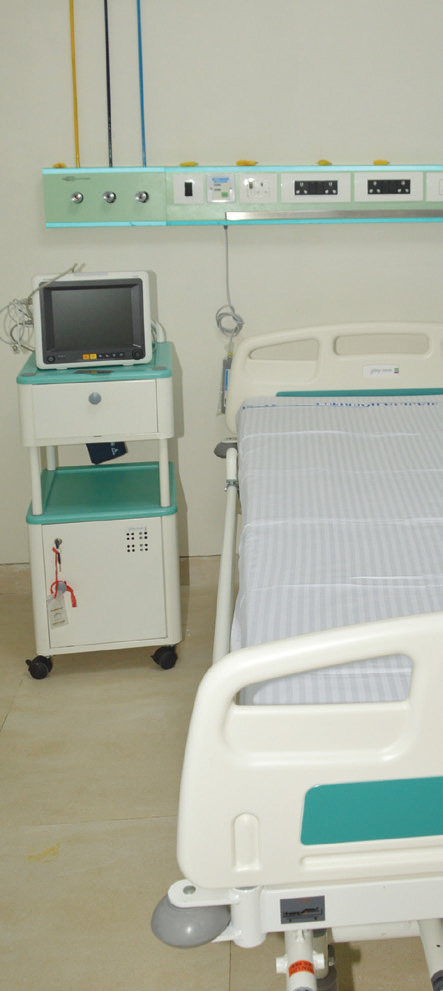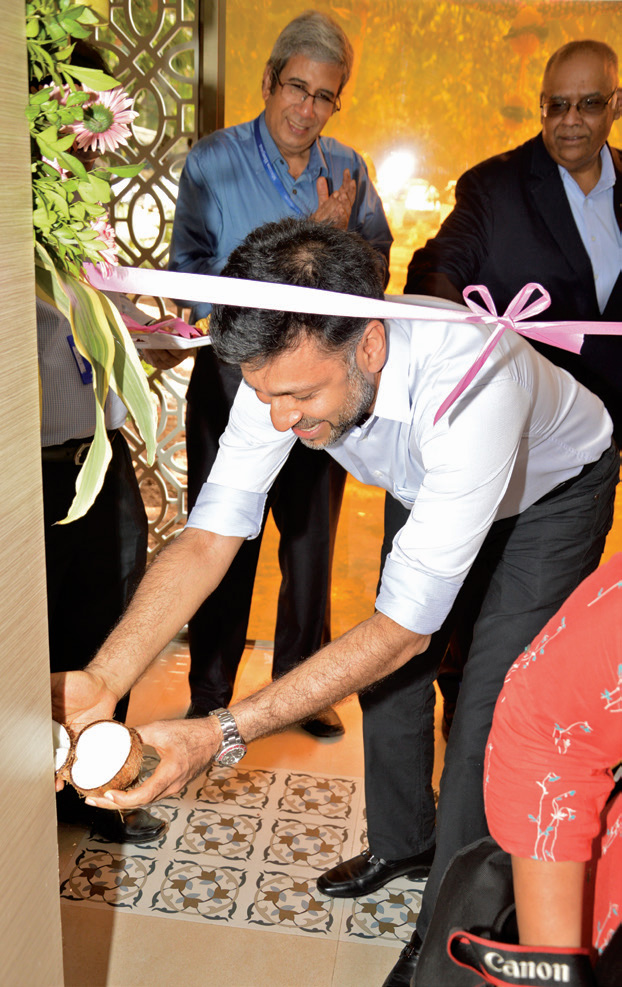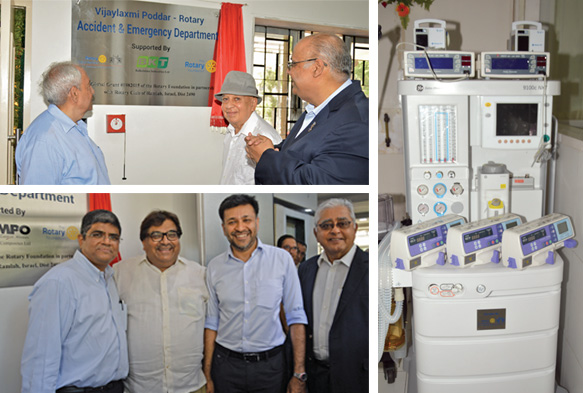
RCB’S HEALING TOUCH FOR MASINA HOSPITAL

President Vijay Jatia
Rotary’s goal is to service the under-priviledged and Masina services mostly under-priviledged people. That’s how their goal meets our objective. We have started with six departments and there is more work to be done. We are putting in place a system whereby anyone in need and recommended by Rotary will be considered for treatment. The idea is to give good world-class service. Masina has high credibility because of the
management and trustees. This hospital has a legacy of hospital and credibility.
There was an urgent need to upgrade the Accident and Emergency Department completely and so that has been newly made. In other places, we have changed the equipment. We had to ensure that Masina would maintain it and see to it that proper services are given to patients. There is a three-year warranty. After that, they will have to buy the arranty. We can tell it has made a huge difference already. I went to the hospital already and I could see the smiles.
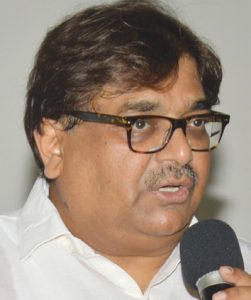
PP Rtn. Sandip Agarwalla
Last year, we received a casual request from Homi for a computer system for the hospital. We had just received some laptops for distribution from Ford. We could not help Masina at that time because we had laptops and not systems but that visit showed us the kind of service the hospital was providing to economically-weaker sections of society. We could see how sincere the doctors were. With so much medical care, it is not fair that someone cannot get medical help and treatment. We ventured turned into a longer conversation with Masina; there were several requirements but the most pressing was the need for an upgraded emergency department costing Rs 1 crore. We agreed to provide equipment and furniture if they would take care of the civil work.
We sought contribution from The Rotary Foundation. The response was so immediate and tremendous that we could meet a sizeable part of their requirement. One department led to seven; there were three Global Grants and funds from non- Rotarians. We were able to get sizeable funding of over Rs 4 crore. Medical aid to the poor is one of the greatest needs of our country and which the government has not been able to provide. They have worked in sanitation, low-cost housing, subsidising crops. Providing affordable, advanced medicare is the void that we thought we could fill. We were novices in the field of medical equipment but we got the best pricing possible. This is not our money; we are the custodians of other people’s money and must make it go as far as we can. We have saved almost Rs 1 crore! We are now looking at doing one or two other departments, subject to approval of TRF, but due diligence and a little extra effort paid off.
What the hospital does, in turn, is utilise the equipment efficiently. We sign an MoU in which we ensure and describe the roles and deliverables of each side. They are supposed to make it available, affordable, maintain it and maximise utilisation.
“We expect them to help the poorest and largest number of people.”
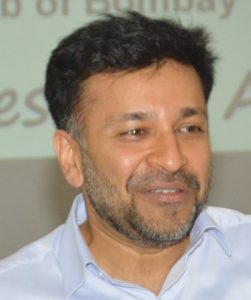
Rtn. Gaurav Nevatia
One of the key learnings has been that some things that we thought would be a matter of days took weeks on end and other things that we thought should take a few months happened in a matter of weeks. All along, we just kept working, attaching ourselves only to the task at hand and not the result. In hindsight, we did exactly what the Bhagawad Gita teaches us. We were not too worried about the final outcome because for us, it was important that the process had to be right. The Global Grant application was a first for me. I had no idea what negotiating for medical equipment involved. So, I wanted to get the process right. In terms of reporting and documentation, the responsibilities are high.
One of Rotary International’s key focus areas is disease prevention and treatment, so teaming up with a hospital is are just scratching the surface of what needs to be done. The object of Rotary is to serve; a hospital would do 20 such projects.
“What we’re doing is just a drop in the ocean.”
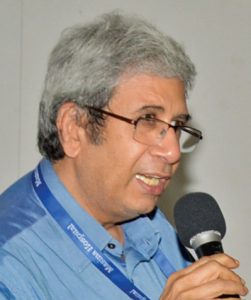
Dr. Vispi Jokhi, CEO, Masina Hospital
Masina Hospital is a charitable hospital governed by a Parsi-owned trust. This hospital has over a hundredyear tradition of serving the community. Across the board, the cost of treatment is low as compared to other hospitals. owever, the crumbling infrastructure and increasing cost of healthcare resulted in revenue shortfalls, making it difficult to make its operations sustainable. Therefore the hospital is dependent on donors for equipment and other patient care initiatives.
When the Rotary Club of Bombay evinced an interest in helping Masina, a list of 10 -12 projects were given which either needed to be created or needed upgradation. Each project that was finally selected has its own advantages but the centrepiece is Casualty or what is known as the Accident and Emergency Department. The existing department was old, unplanned and unsuitably.
The new department is located close to the main critical operation theatres and ICUs. It has five beds and includes a procedure room where minor procedures can be performed under anaesthesia in a sterile environment. Also, criticallyill patients can be stabilised and transferred to intensive care or operation rooms as required, safely. Casualty care can also be a major support to the cardiac and neuro surgery departments.
The surrounding area has public hospitals which are crowded and offer poor quality services and private hospitals which are expensive and out of reach of the poor and middle class population. Masina Hospital becomes a natural choice for value and quality in health care. The new departments inaugurated were the Casualty Department, GI endoscopy Department and Plastic and Cosmetic Procedures department. Along with them the upgradation of Orthopaedic
Operation Theatre, Burns Department and the Neonatal Intensive Care Unit was also done.
Global grants totalling Rs. 3.3 crores have been received for the 6 departments and an additional Rs. 1 crore is expected for the Ear Nose Throat surgery department.
Masina thanks RCB President Vijay Jatia, PP Rtn. Sandip Agarwalla, Rtn. Homi Katgara (Managing Trustee of Masina Hospital) and project-incharge Rtn. Gaurav Nevatia, along with medical advisors Rtn. (Dr.) Ashok Kriplani and Rtn. (Dr.) Aashish Contractor who were able to complete these six projects in record time.

